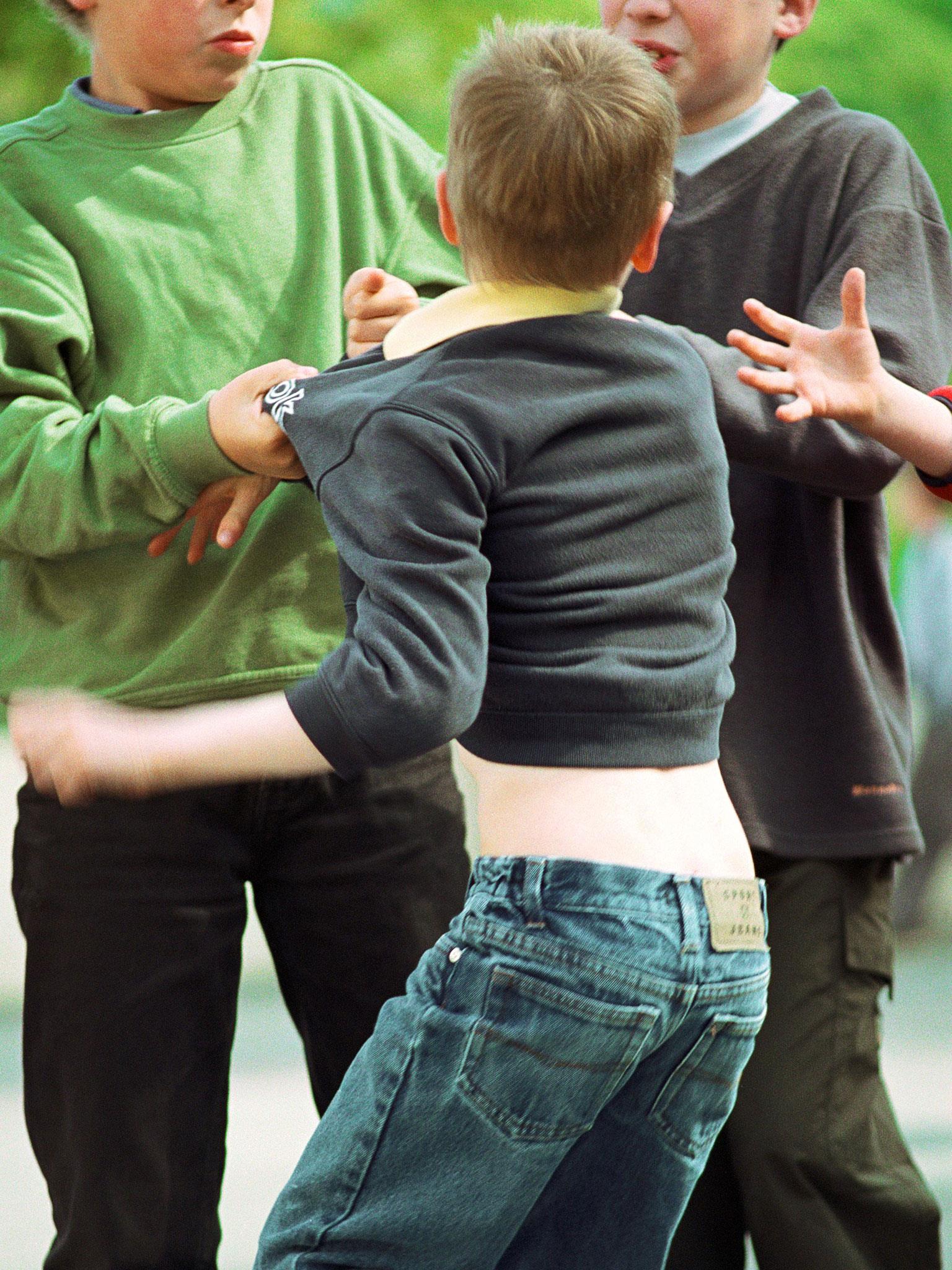If you wish to add articles of interest to this site or see a forum, please contact me via my e-mail address. I will 'eventually' reply to all posts. All submitted articles will be author acknowledged unless otherwise requested.
Copyright © 2026 by Nigel G Wilcox
All Rights reserved
E-Mail: ngwilcox100@gmail.com
Web Title: paragon.myvnc.com
2026
Designed by GOEMO.de
Powered by S-AM3L1A-NGW
NW Education, Training & Development
Looking at Education today, one Perspective...
Parent Site: http://paragon.myvnc.com Paragon Publications UK
Education & Professional Development
Birmingham ICC 2001
8-9
8-9
Pages
Continued...
Classroom Behaviour
Classroom Performance
See News Story Articles:
Real Classroom Behaviour
Parent blamed over unruly pupils - Continued
Over three quarters (78.7%) said a lack of boundaries at home was the reason for challenging, disruptive and abusive behaviour by pupils. Just over two thirds (68.3%) blamed emotional problems, and the same proportion said it was down to behavioural issues. Around six in 10 (63.9%) said it was caused by pupils trying to get attention from other students, 61.2% cited lack of role models at home, and 60.8% blamed family breakdowns.
ATL general secretary Dr Mary Bousted said: "Regrettably teachers and support staff are suffering the backlash from deteriorating standards of behaviour. They are frequently on the receiving end of children's frustration and unhappiness, and have to deal with the fall-out from parents failing to set boundaries and family breakdowns. And the huge funding cuts to local services mean that schools often have to deal with children's problems without any help."
A Department for Education spokesman said: "Disruptive or violent behaviour has no place whatsoever in the classroom. That is why we have strengthened teachers' powers to put them back in charge. Teachers can now issue no notice detentions, search a pupil without consent when they suspect they may be in possession of a prohibited item and changes to the system mean a school's decision to exclude a pupil cannot be reversed by an appeals panel."





“ I thought I was a good teacher and could not understand what was happening ”
Teacher Janet
|
Are you constantly reacting to poor behaviour? Then it’s time to change your approach from tackling it to preventing it, says Dave Stott - article: teachingexpertise Jan. 2012
Focus On Prevention
If you feel that you are constantly ‘firefighting’, ie having to react to poor behaviour rather than focusing on teaching and learning, then it’s time to change your mindset and your approach.
There is no doubt that inappropriate or challenging behaviour in the classroom is unacceptable. However, changing that unacceptable behaviour and creating an environment which focuses on teaching and learning requires a proactive approach.
‘We need to focus and really start to tackle these behaviour problems,’ is a statement often used in staff and departmental meetings. But the very acceptance that poor behaviour is taking place puts you on a negative footing and reduces the likelihood of your focusing on positive and proactive management styles.

Rewards and sanctions are not enough
The reward and sanction systems that are in place in many schools and classrooms are an essential tool for recognising good behaviour and responding to poor behaviour. However, if your overall aim is to significantly reduce the number of behaviour incidents, then rewards and sanctions alone will not succeed.
A typical class group will consist broadly of three major groups: the ‘perfects’ (often not the largest group), the really difficult (again, not the largest group) and finally the ‘could go either way’ (this is usually the largest group!).
Tackling the really difficult group and their behaviour simply shifts all your attention onto the negative and gives too much emphasis to the behaviour you do not want. The result is often that the ‘perfects’ remain the same, but gain little or no recognition for their good behaviour, the ‘really difficult’ get the majority of your attention and continue their unacceptable behaviour and the ‘could go either way’ group decide to have a bit of your attention, thus increasing the size of the really difficult group.
If your class is as finely balanced as the description above then it will not take too much movement within the three groups before a major shift occurs and the behaviour of the total group is tipped over the edge. This often results in your having to up your game and ‘tackle’ even greater behaviour problems.
Practical tips
To avoid this ever increasingly difficult situation, you need to focus on prevention. If you can reduce the number of unacceptable incidents and refocus on teaching and learning, using your reward systems for appropriate behaviour, then the ‘could go either way’ group will recognise and respond to your clear boundaries.
Change your focus
Instead of dwelling on the number of behaviour incidents and trying to work out ways of how to tackle the problem, change your focus and concentrate on what kind of behaviour and ‘on task’ activities you want and how to achieve this.
Lessons need to be at least good. They should be well-paced and offer the right amount of interest and challenge. All staff, especially NQT’s and staff new to the school should be supported and inducted into the positive ethos. Pupils who are inspired and actively involved in the learning process are far less likely to opt for the ‘really difficult’ group.
Use your school-wide and classroom policies to prevent problems occurring. For example, have...















